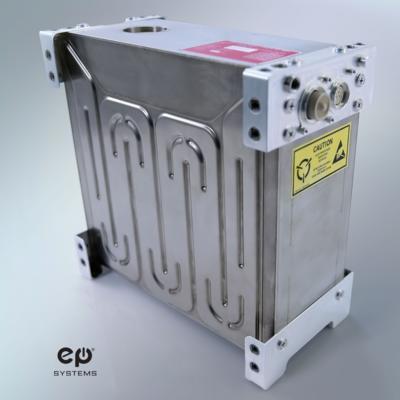Fri, Apr 19, 2024
Advertisement
More News
 ANN's Daily Aero-Term (11.16.25): NonApproach Control Tower
ANN's Daily Aero-Term (11.16.25): NonApproach Control Tower
NonApproach Control Tower Authorizes aircraft to land or takeoff at the airport controlled by the tower or to transit the Class D airspace. The primary function of a nonapproach co>[...]
 Aero-News: Quote of the Day (11.16.25)
Aero-News: Quote of the Day (11.16.25)
“This shutdown inflicted real damage. Beyond disrupting operations and adding risk into the aviation system… it hindered essential career growth opportunities and stal>[...]
 ANN's Daily Aero-Linx (11.16.25)
ANN's Daily Aero-Linx (11.16.25)
Aero Linx: The Mooney Mite Site Dedicated to the Mooney M-18 Mite, "The Most Personal Airplane," and to supporting Mite owners everywhere. The Mooney M-18 Mite is a single-place, l>[...]
 NTSB Final Report: Vans Aircraft Inc RV-12
NTSB Final Report: Vans Aircraft Inc RV-12
Pilot’s Improper Installation Of The Control Stick Pushrod Assemblies, Which Resulted In Separation Of The Left Pushrod And A Total Loss Of Roll Control Analysis: While retur>[...]
 ANN FAQ: How Do I Become A News Spy?
ANN FAQ: How Do I Become A News Spy?
We're Everywhere... Thanks To You! Even with the vast resources and incredibly far-reaching scope of the Aero-News Network, every now and then a story that should be reported on sl>[...]
blog comments powered by Disqus





